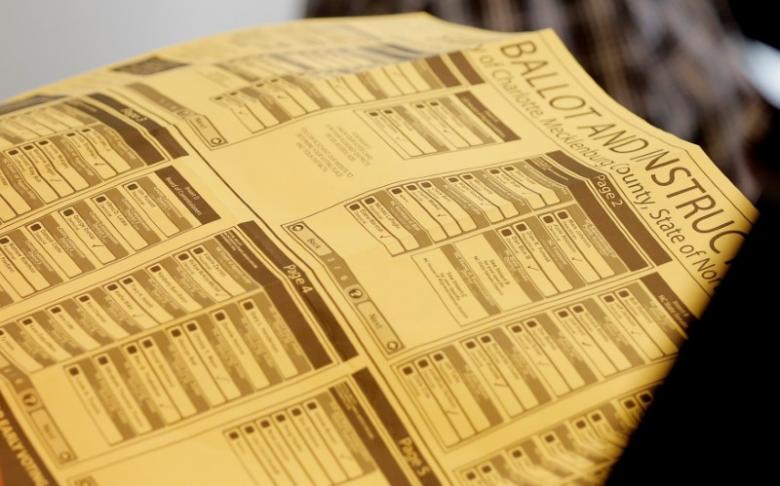Religious beliefs rank the highest in impacting voting choices, says study

A new study has revealed that many religious beliefs still exerted a lot of influence among American voters despite the decreasing number of churchgoers in the U.S.
According to a recent survey conducted by the Barna Group, religious beliefs were ranked at the top of the list of influences when it came to voting while pastors were placed at the bottom. Eighteen percent of the respondents have admitted that religious beliefs had "a lot of influence," followed by family members with 10 percent.
The study noted that Americans were still reluctant to admit that their behavior or views were influenced by external sources, particularly in surveys that overtly asked about such influences like advertising. The reluctance was also commonly displayed when people were asked to measure the impact of certain influences on their political decisions.
Eight percent of the respondents said that the news media had a lot of influence in choosing a presidential candidate, followed by friends and advertising campaigns with 7 percent each.
American evangelicals were most likely to rank religious beliefs at the top of external influences with 75 percent admitting that it had a lot of impact in their voting decisions.
Religious skeptics such as atheists and agnostics said that family members, news media and television analysts had "a lot of influence" on their political choices.
George Barna, who serves as a special analyst for the research company, said that churches and pastors have a great potential to influence the choices of American voters.
"One out of every four Americans say they trust their church or pastor to exert a lot of influence on their political choices. What a tremendous opportunity for churches to position themselves as relevant to people's life choices while taking advantage of an available opportunity to influence people's lives," he said.
He added that most pastors have chosen not to talk about issues related to this year's election, which might explain their low ratings in the survey.
Another survey conducted by LifeWay Research revealed that party affiliation was a strong indicator of voting preferences. Among evangelicals, 75 percent who were affiliated with the Republican party planned to vote for Donald Trump while an equal number of registered Democrats said that they were voting for Hillary Clinton.





